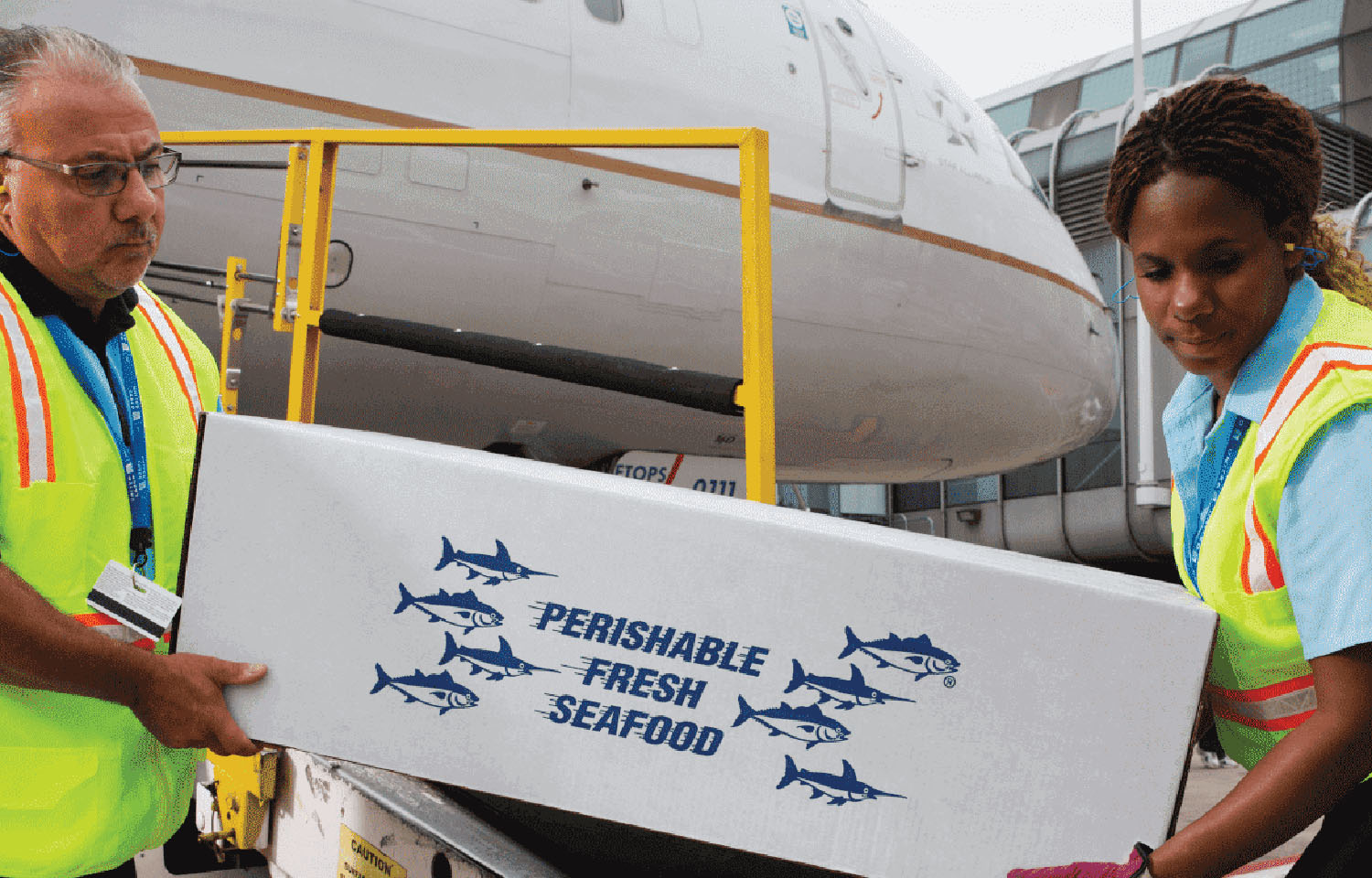New traceability requirements are set to go into effect under Section 204 of the U.S. Food Safety Modernization Act (FSMA) in January 2026, with trade experts warning that many companies are not ready.
Two seafood companies working proactively to get their operations ready are Jacksonville, Florida, U.S.A.-based Beaver Street Fisheries, which is upgrading its traceability measures in compliance with the new rules, and Cincinnati, Ohio, U.S.A.-based retailer Kroger, which is establishing new deadlines for its suppliers to achieve compliance.
Beaver Street Fisheries has partnered with software company iFoodDS, which offers interconnected traceability, quality, and food safety solutions, on a proof-of-concept project to connect the seafood supply chain into one digital hub.
“As a leading importer, exporter, manufacturer, and distributor of quality seafood from the U.S. and around the world, Beaver Street Fisheries is unwavering in our commitment to delivering safe, traceable products to our customers,” Beaver Street Chief Information Officer Scott Lane said. “This collaboration allows us to test flexible and practical options that our supplier network can easily implement, further enhancing the trust and assurance in our products.”
Utilizing Seattle, Washington, U.S.A.-based iFoodDS’s Trace Exchange platform, Beaver Street and its supplier network aim to capture, store, and share data to ensure that every step of its supply chain is compliant with new FSMA requirements, among other regulations.
“We are looking to advance seafood traceability by giving suppliers options and ensuring that whatever method or software provider they use to capture data required by FSMA 204 can be shared across the supply chain through the iFoodDS platform,” iFoodDS said.
Retail giant Kroger has also kept its eye on FSMA changes for a while, and in late 2023, it became the first major grocery retailer to publish an accelerated timeline for FSMA 204 compliance, iFoodDS Chief Traceability Officer Andy Kennedy told SeafoodSource. Soon after, several other retailers followed suit.
"[Kroger] understands that traceability initiatives take time to implement and must ensure their systems are working before the January 2026 compliance deadline,” he said.
All Kroger suppliers must now transition to the retail giant’s updated traceability requirements by 30 June 2025.
Some of the updated Kroger requirements include transmitting an EDI 856 ASN document for every shipment sent to Kroger facilities and certifying that barcode labels on the products arriving at the receiving dock correspond to the relevant EDI 856 ASN data transmission.
“Kroger intends to collect and record traceability information for all food products entering Kroger facilities to ensure the safety of food supply for every customer,” the company said.
As the deadline for FSMA compliance has locked on early 2026, many retailers and food distributors are ...








